Learning to organize in a time of repression, climate crisis, and war
Este artigo está disponível em português aqui.
More Love Less Capital.
The US military consumes as much oil and emits as much climate-changing gases as a whole medium size country (ranking between Peru and Portugal). As an institution of such magnitude, it systematically attempts to seize another country’s resources, but seeing how many resources it consumes begs the question of how much of what is seized is to satisfy its own demand. In other words, it seems we need the military to access the goods the military needs to exist.
Two concerns arise from this scenario. Firstly, it is not possible for the military to be more sustainable because maintaining it is unsustainable in itself. We are talking about a secretive institution, operating in the second most polluting country in the world, which pollutes as much as a whole other medium-size country. Their operation is a vicious cycle of “we need to exist to be active somewhere, and we need to be active somewhere to exist”. The more resources are seized from other places, the more the institution can expand, and the more it expands the more resources it needs. This expansion plays a significant part, as any other country plays a part, in exacerbating the (negative) implications of climate change, except the US Military is not as susceptible to the scrutiny other countries are because much of their noxiousness is classified.
Secondly, what other purpose does the US military have other than to constantly expand to sustain itself? If it is to guarantee Human Rights, we have to agree that this strategy hasn't been the most effective and perhaps it's time to try something new. At this point, many of the human rights crises to be dealt with are of their own making -- the destabilization of the Middle East being the most blatant of examples (something Trump critiqued as a candidate in 2015). Other human rights crises the military might be needed for are the impacts of climate change, which is also a crisis they exacerbate more than mitigate.
So, why else does the military exist if not to combat the problems they help create? It’s not a coincidence that those who defend the use of force against non-western countries in the name of Human Rights believe in their Superiority; be that economic, religious, racial, or all. Defending Human Rights tends to mean “development,” “democracy” and “freedom,” which are concepts concocted by the people with the means of force -- the military and the administration in charge of it. The concept of Democracy is not paramount to voters, and it certainly isn't worth sacrificing themselves or their family to defend such an idea abroad. What matters is the opportunity to have any say over how their environment is shaped, and to make sure they have what they need to live. The ballot is not the only way to achieve this, it's the only way offered.
Superiority, however, is to some a concept worth defending to death. Everywhere. It justifies domination at any cost, including at the cost of mass murder. And what better way than to use unprecedented technology to kill as cleanly as possible and to stifle the dissemination of sensitive information? Most of us walk around with televisions and recording devices in our pockets, and yet we seem to be getting further and further away from experiencing the outrage so many people felt during the Vietnam War (when TV played a crucial role in disseminating sensitive information about the horrors involving the US military).
The Trump administration and most, if not all, administrations before that conceal the real intention behind foreign intervention within a so-called commitment to Human Rights. The same goes for the claim that it's simply not possible to provide the population with basic needs like health and housing. Reality shows featuring rich people show how lack of wealth is not the issue, but the legitimized way in which wealth is hoarded by some. The upholding of Human Rights has little to nothing to do with the ballot, let alone the military and its endless quests for resources. Those that are demonstrating a care for Human Rights are doing it in spite of the Military, on the streets, as demonstrated by events like More Love Less Capital.
More Love Less Capital is an event that happens in Rio de Janeiro's city center once a year, for the past 7 years. It's a Christmas party organized by a small group of anarchists and countless homeless people. Months of organizing involve collecting donations of presents and food, cooking a complete meal for as many people as possible, and booking presentations, workshops and performances. There, anyone can get free clothes, a shower, a haircut, presents, and supper. You can also listen to a debate or a lecture, watch dance and music performances, and children can paint or learn capoeira. Grooming, clothing, sustenance, and culture are basic human rights, and this event tried to offer these aspects of life to those without access to them -- Its purpose is to empower the most marginalized.
On the 20th of December 2019, we attended the event and spoke to the organizers about how the project is received by the Brazilian government and public security authorities such as the Military Police. Elisa Quadros, an organizer of the event, was harshly persecuted by a leftist administration, and became one of the country's most (in)famous political prisoners. She has been arrested, threatened, exiled and was clandestine for years. She states in our interview that today she lives with habeas corpus. During the 7 years of Elisa's work with More Love Less Capital, there was a drastic shift of administration in the Brazilian Government. In 2013, the Worker's Party (PT) was in power for its 4th consecutive term. Since then, there has been an impeachment, a right wing vice president in power, and an even more right wing president elected. Nowhere within this seemingly broad political spectrum was Quadros' work less targeted.
Most in the Brazilian left interpret these political shifts from the past 7 years as US interference. Some supporters of the Worker's Party (PT) believe that the political uprising of 2013, in which Elisa Quadros participated protesting against the “Big Events" (the World Cup and the Olympics), was used by foreign meddlers to trigger a coup. The CIA has meddled with Brazilian affairs before (in the 60s), and when Bolsonaro's first visit as president to the United States involved visiting the CIA's headquarters, it served as evidence that history was repeating itself.
Public perception of the personal lives of politicians is directly related to public opinion of their professional capacities. The same way officials get elected for the image they project as people, politicians need to start behaving as terribly as possible for us to start noticing how terrible their policies have been. Likability speaks louder than actions, which informs the military modus operandi of today -- soft power. Is this starting to change? World leaders like Trump, Bolsonaro and Netanyahu have clearly been behaving badly; "grabbing p...", slandering Leonardo DiCaprio, and extorting journalists are things that do not shine a good light on these men. In parallel, we see grotesque displays of Military Supremacy that break with the known inconspicuous reach of US influence.
This is as good moment as any to put King's words into practice: “Those who love peace must learn to organize as effectively as those who love war." Sooner or later, the US Military will collapse, from either the rate of its unsustainable growth or from the symptoms of the environmental crisis it exacerbates. According to the United States Army War College report on the Implications of Climate Change for the U.S. Army,
“Rising seas will displace tens (if not hundreds) of millions of people, creating massive, enduring instability. This migration will be most pronounced in those regions where climate vulnerability is exacerbated by weak institutions and governance and underdeveloped civil society. Recent history has shown that mass human migrations can result in increased propensity for conflict and turmoil as new populations intermingle with and compete against established populations. More frequent extreme weather events will also increase demand for military humanitarian assistance."
The “demand for military humanitarian assistance" is linked to an army's duty to protect a nation's borders. Humanitarian crises will weaken borders between “developed” and “underdeveloped" nations, and guaranteeing these borders will continue to weigh on the US Military. How can we better prepare for this impending fate?
More Love Less Capital is an example of effective organizing for peace as they fight to provide humanitarian assistance to the homeless and hungry. The model also serves as training for “established populations" to handle massive instability caused by displacement, since the Military model of exponential resource consumption and strengthening of borders is not viable. May this training bring about much-needed change to the system that has been leading us down a path of destruction and unrest. “Established populations" across the world will have to adopt models such as these in order to cope with the impacts of global climate change. It's never too soon to start organizing.
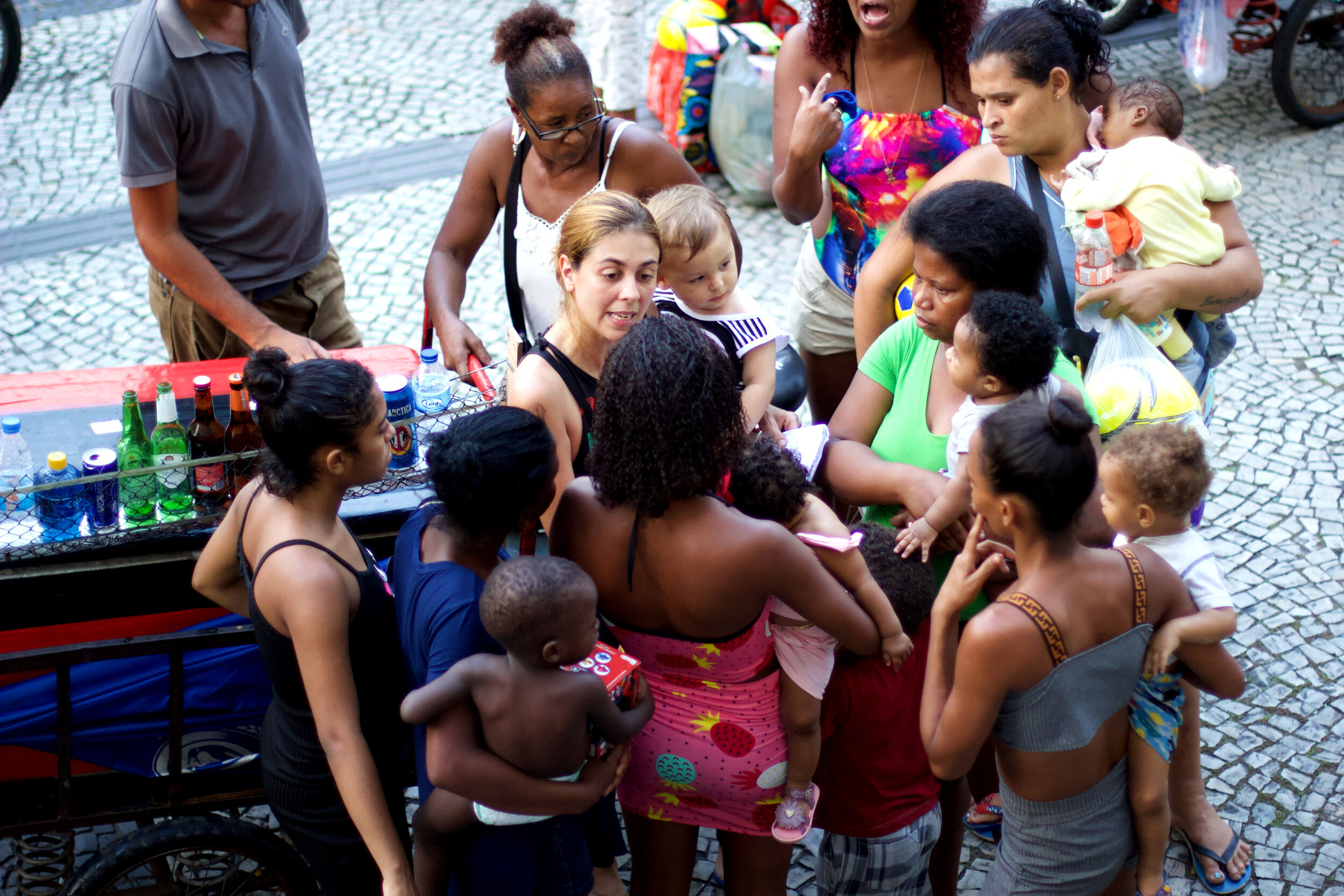
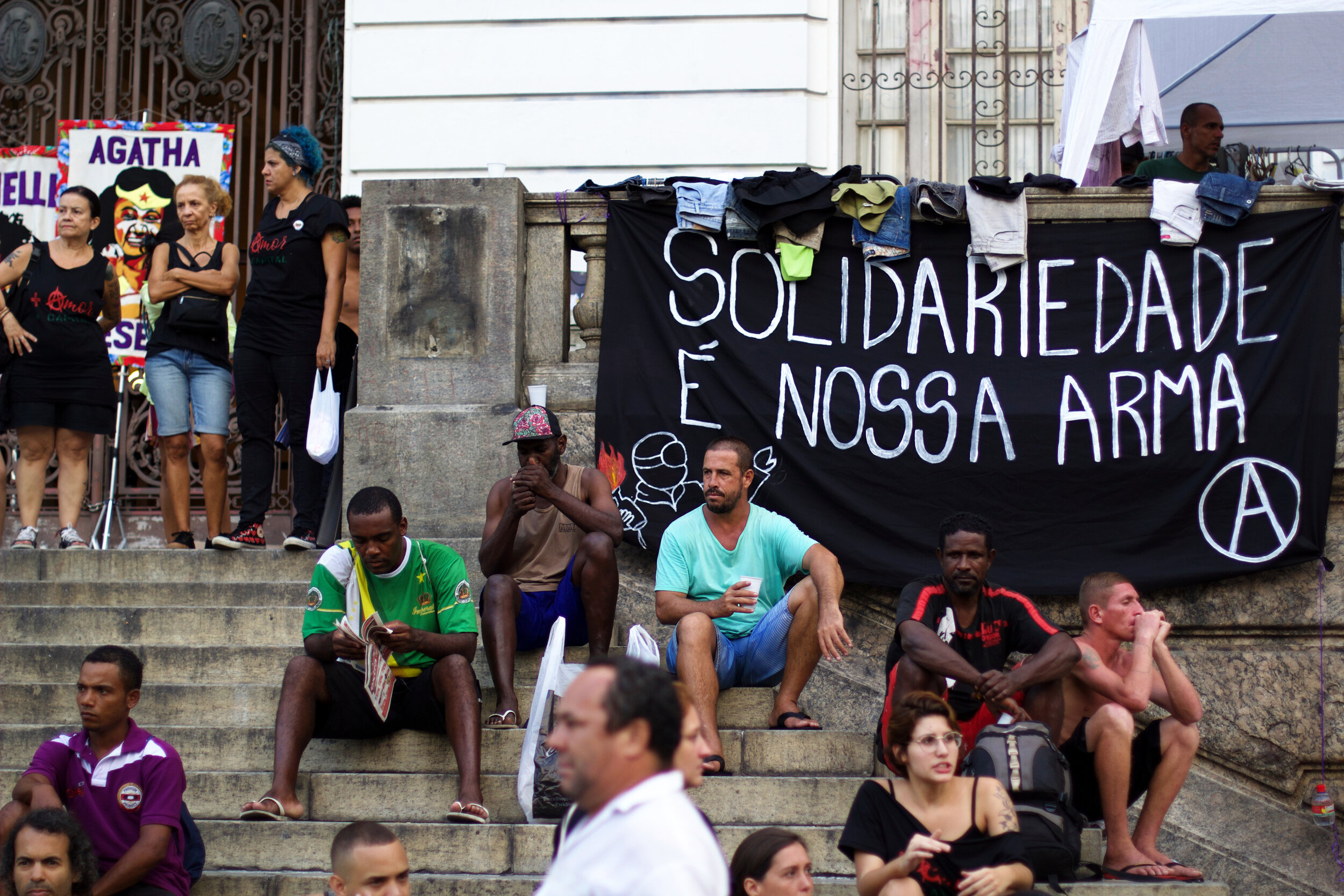
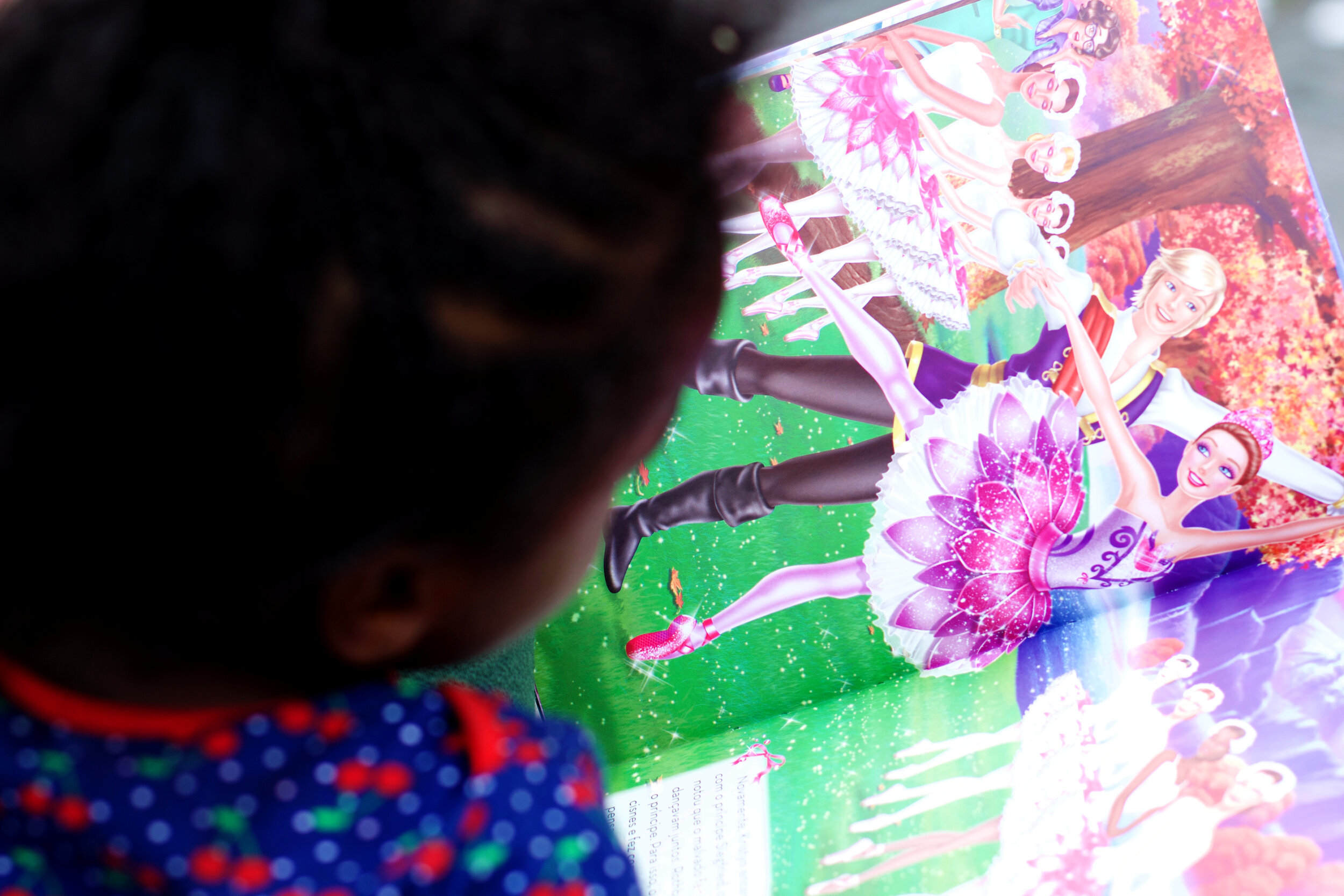

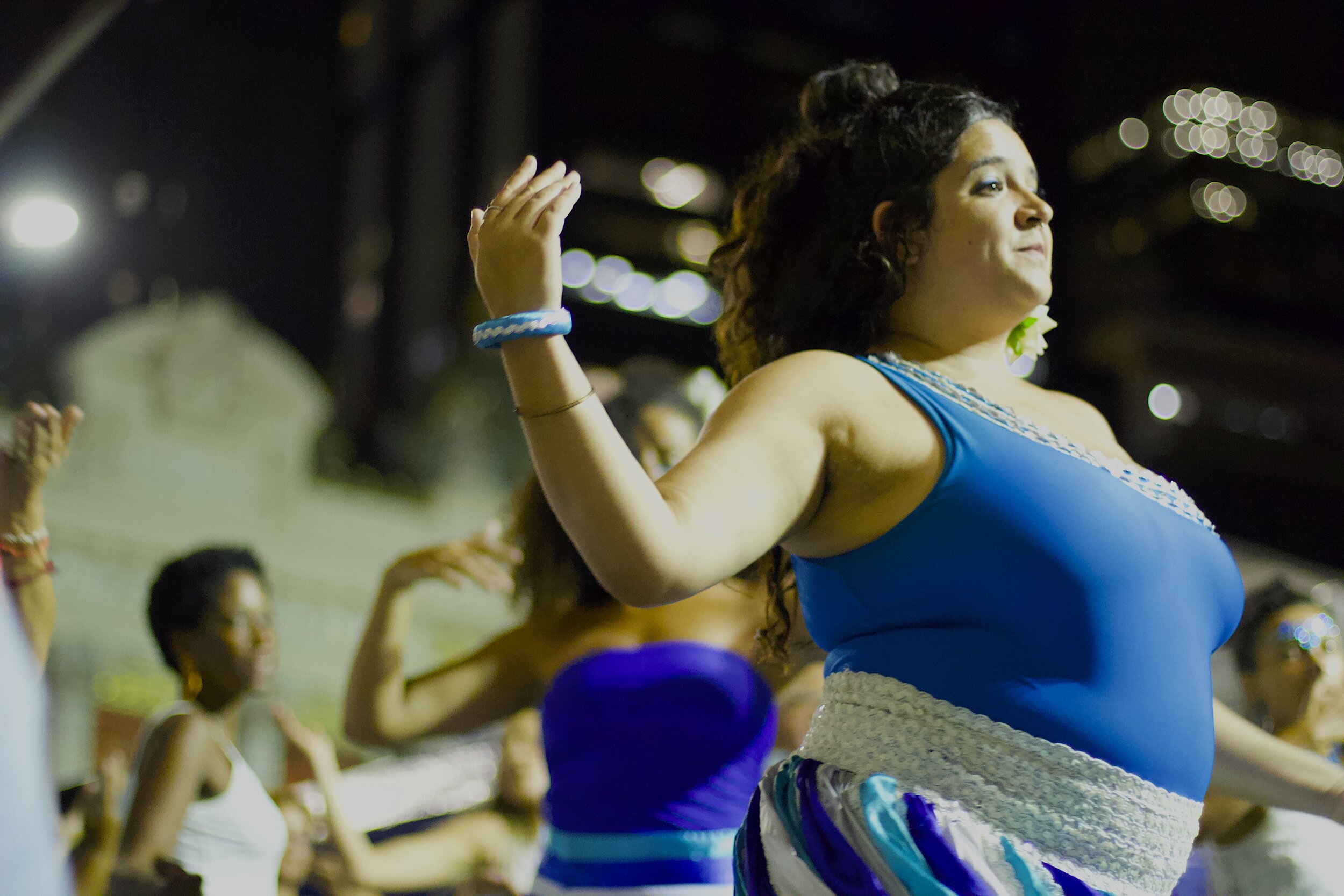
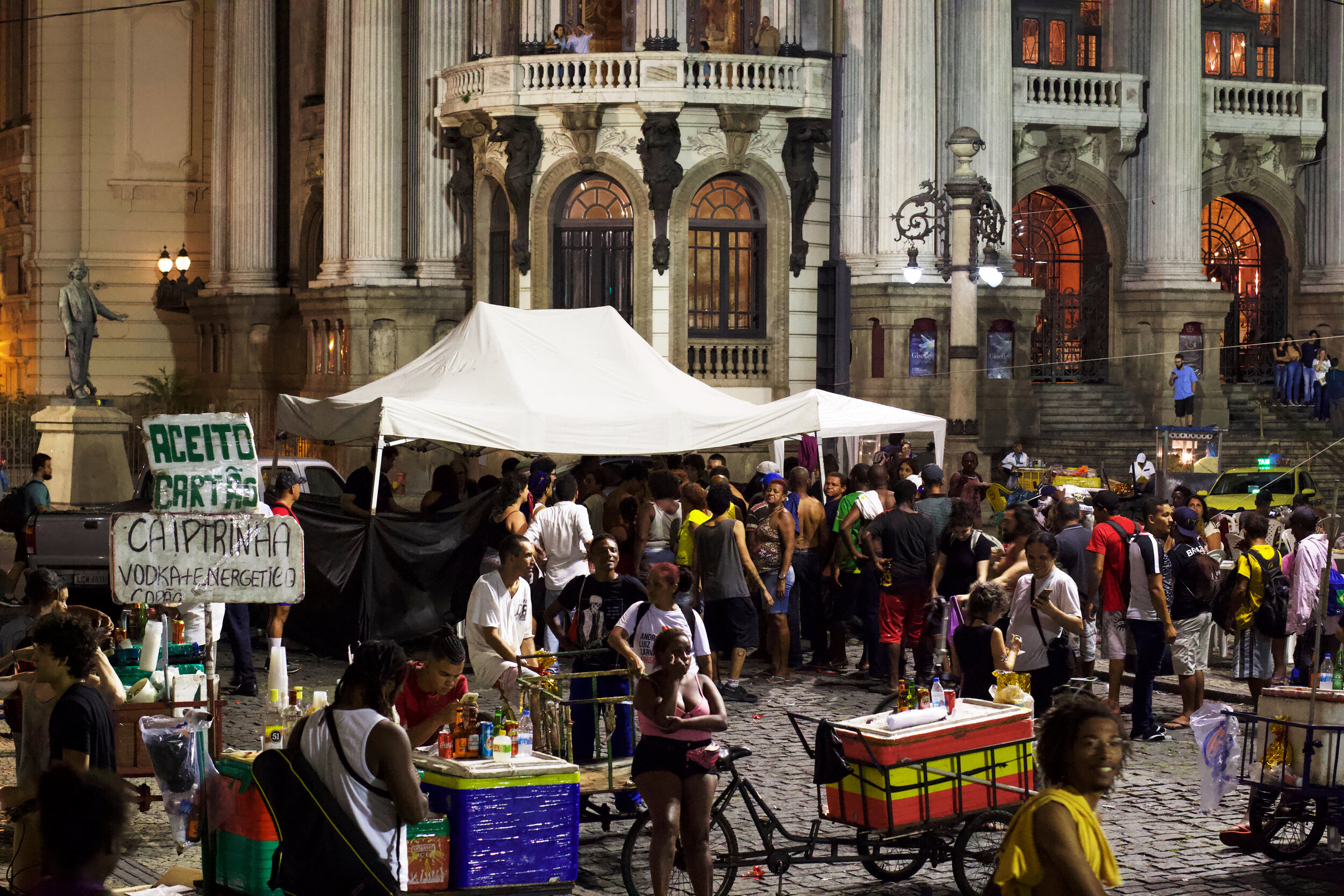
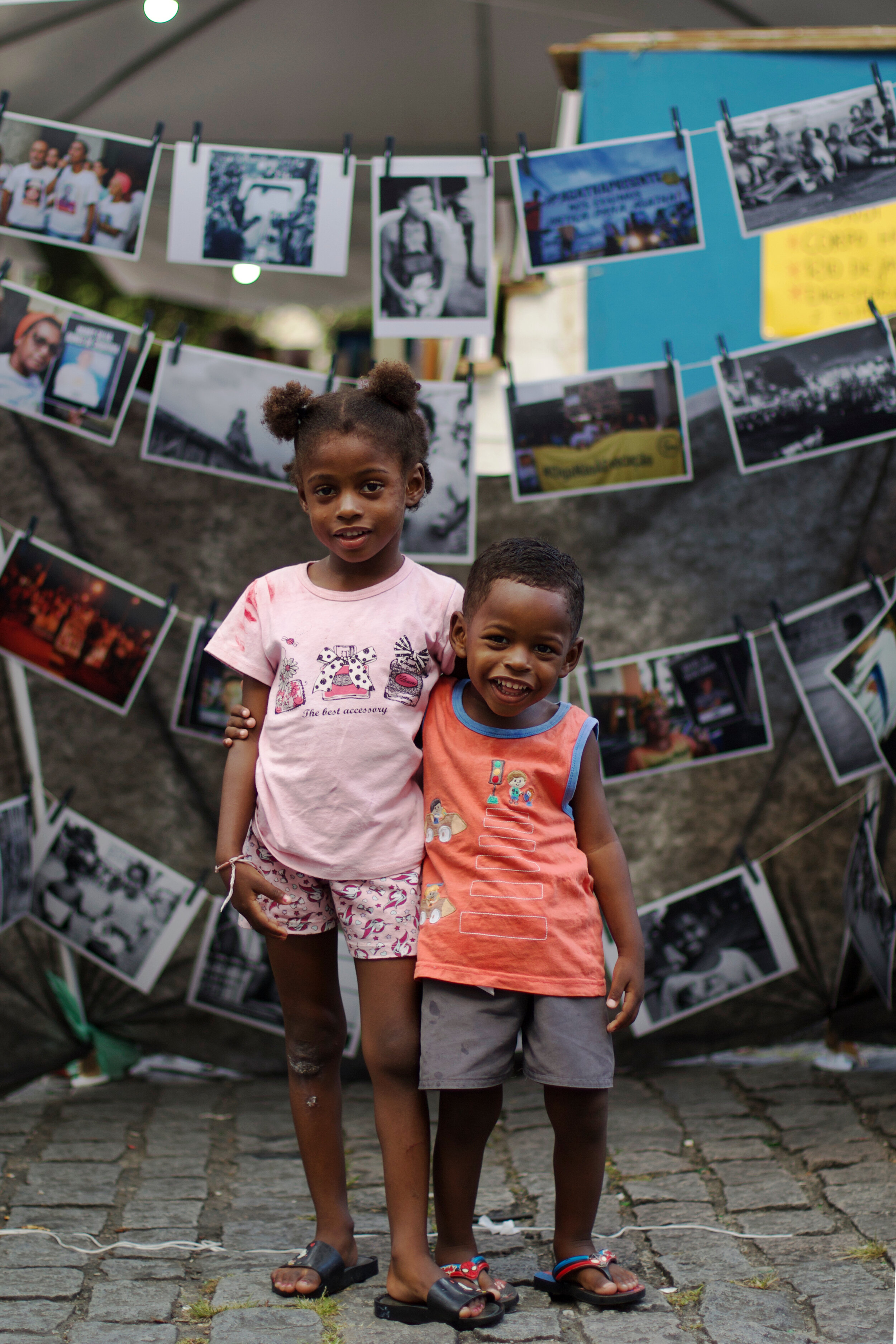

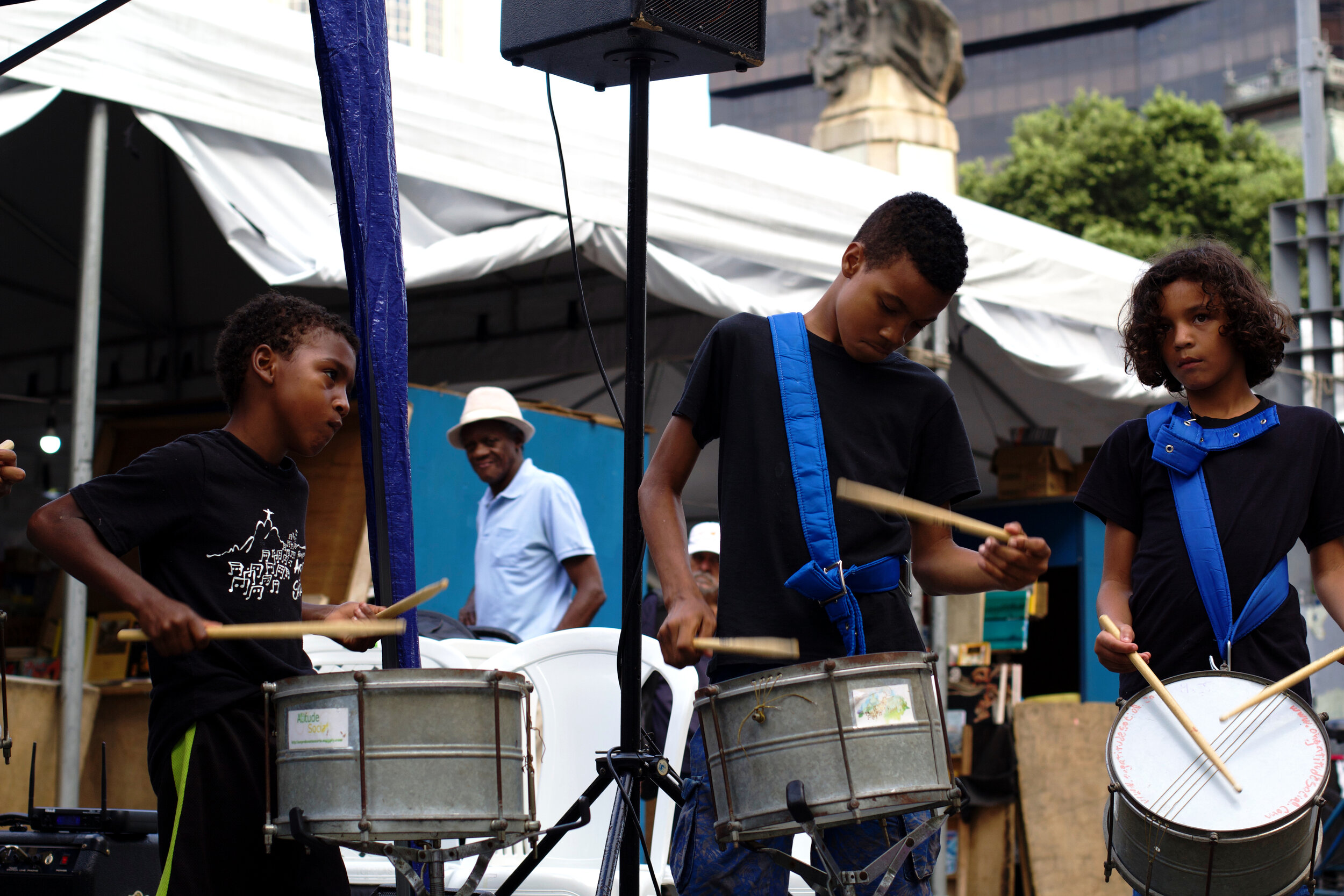

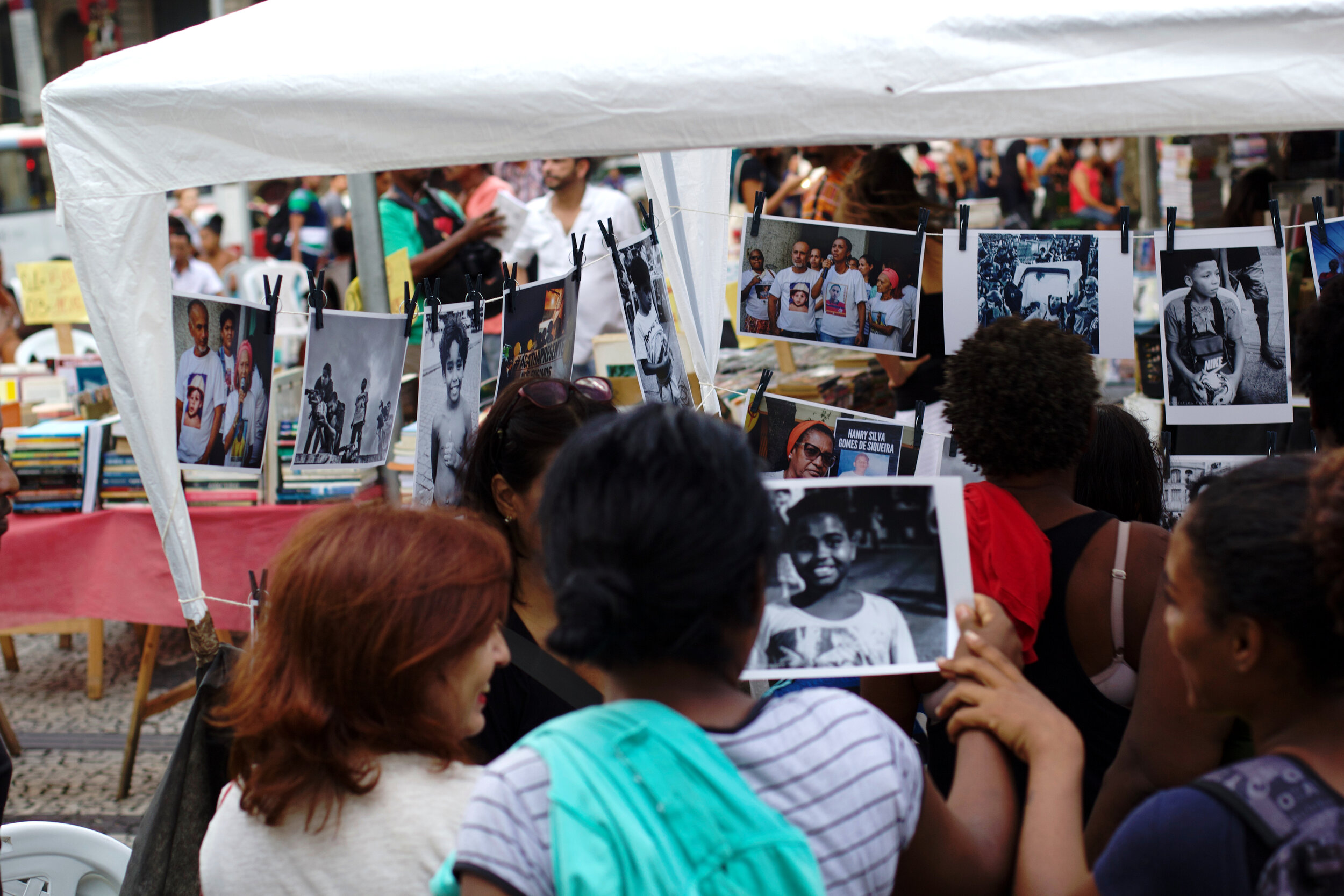
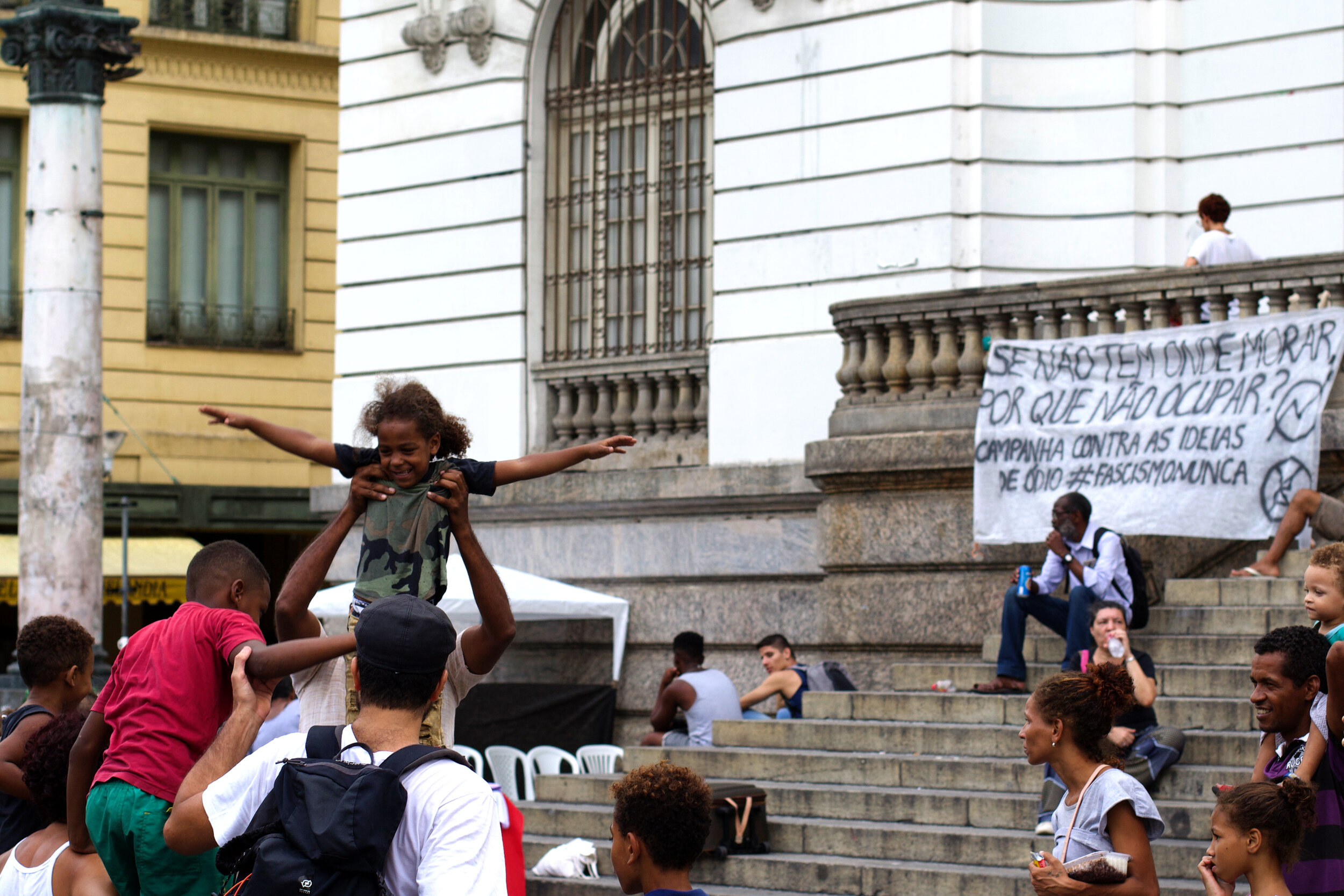
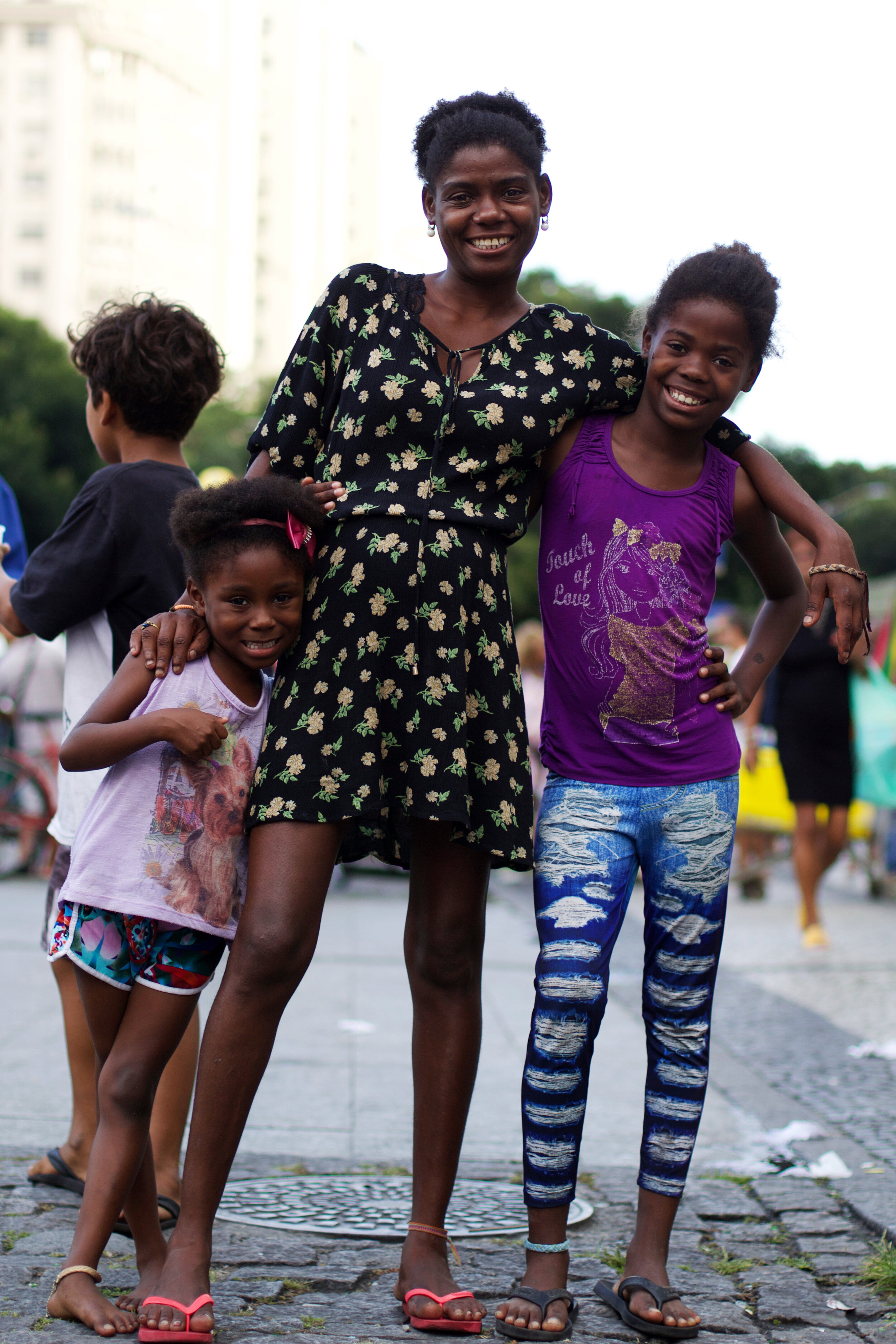
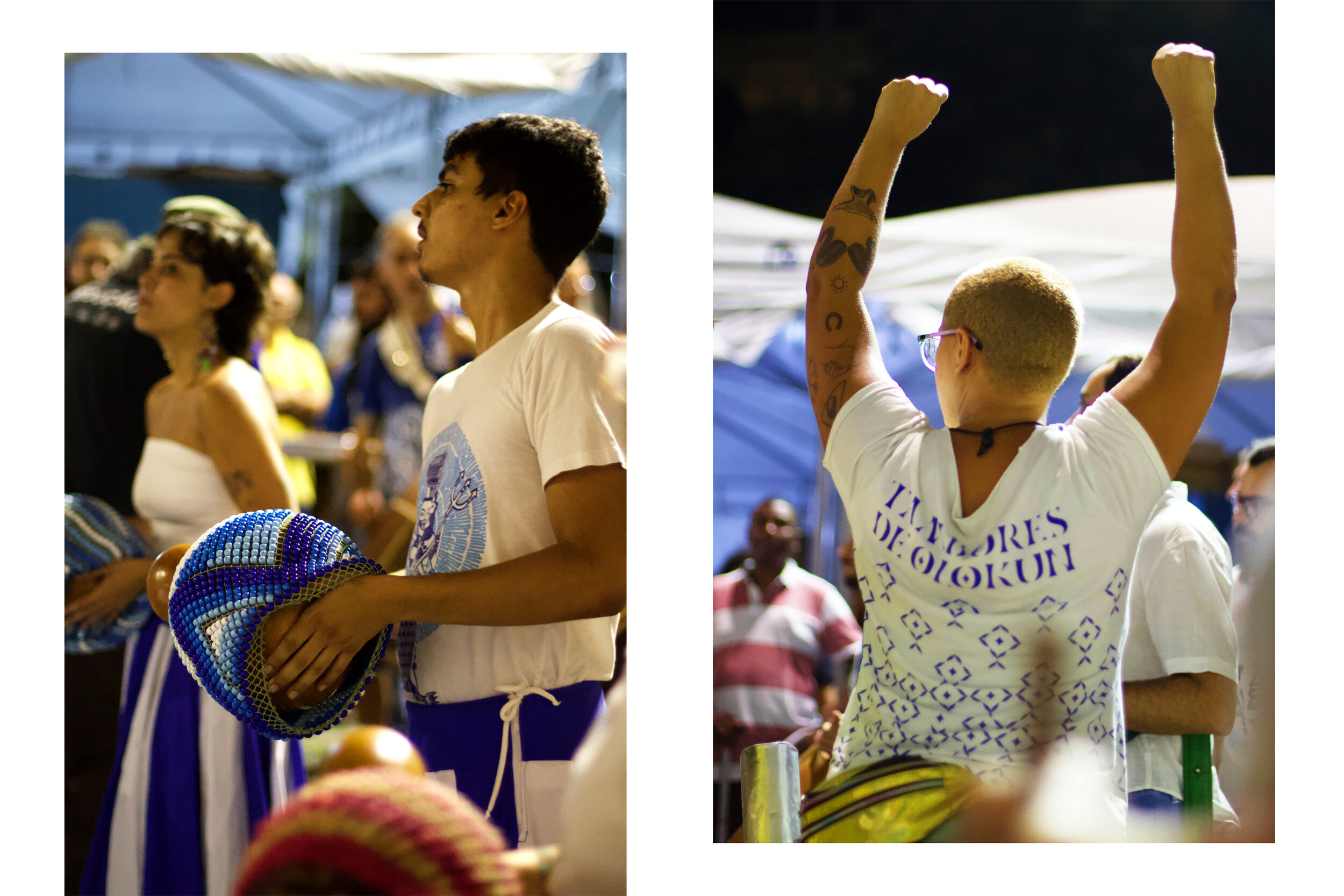
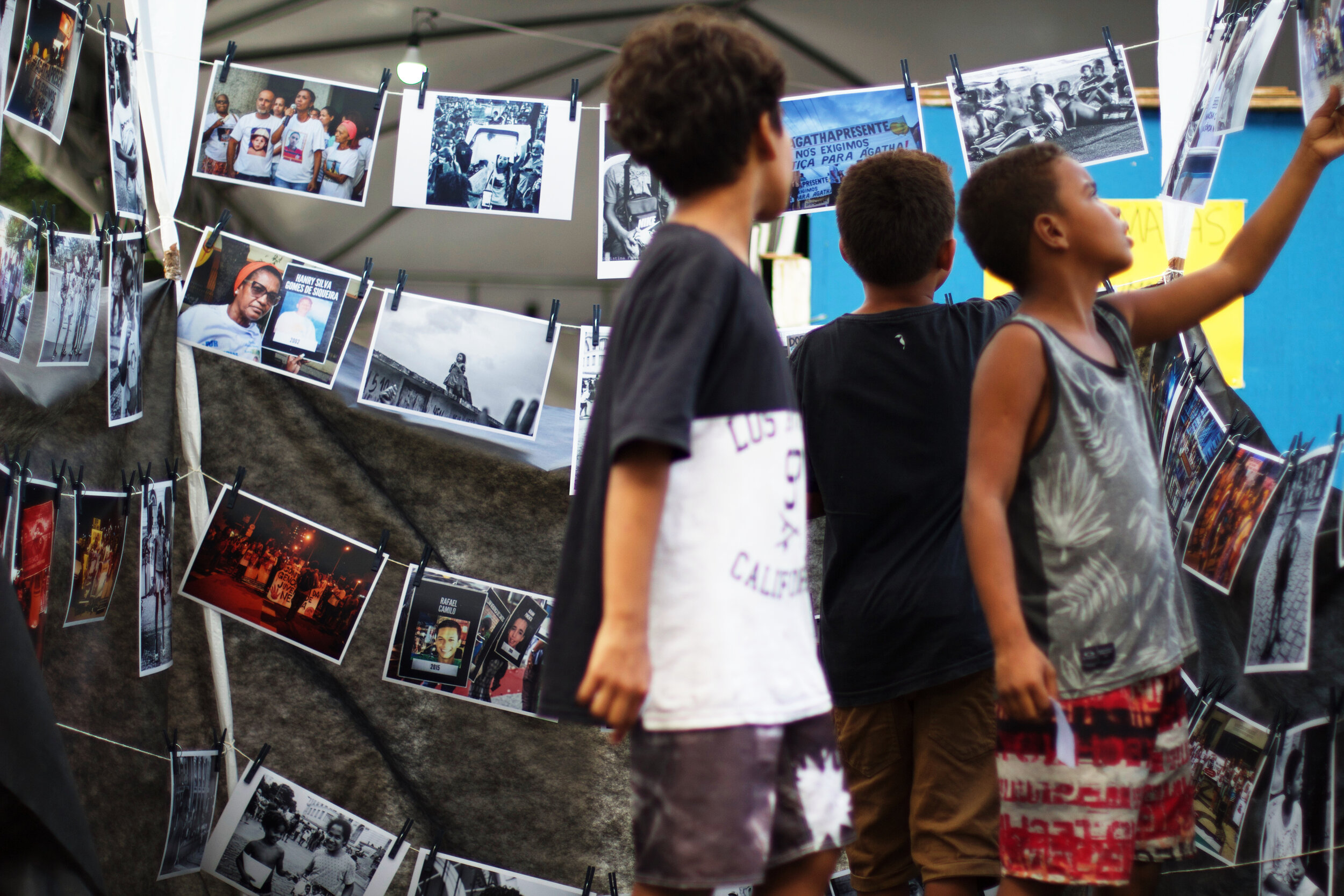
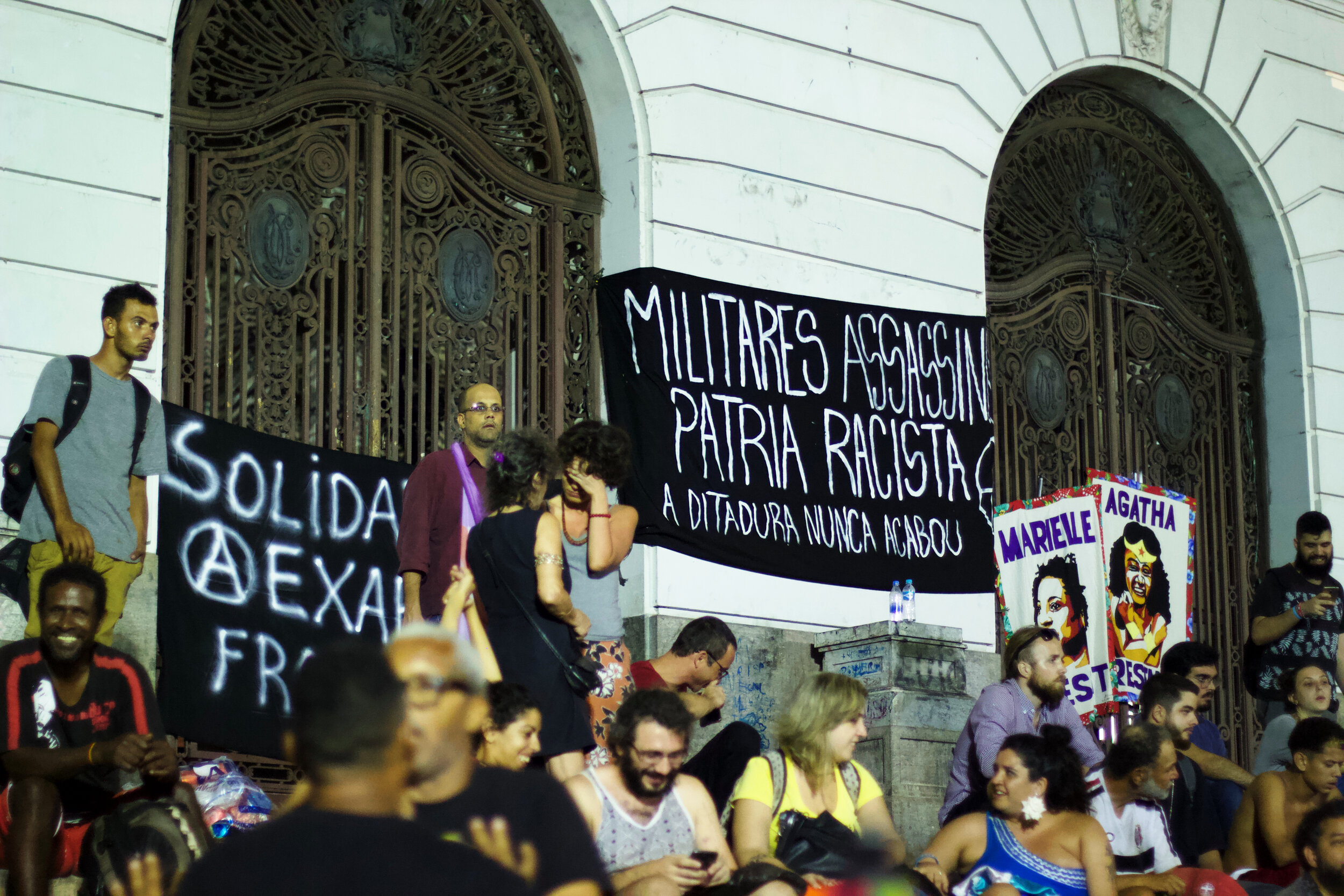
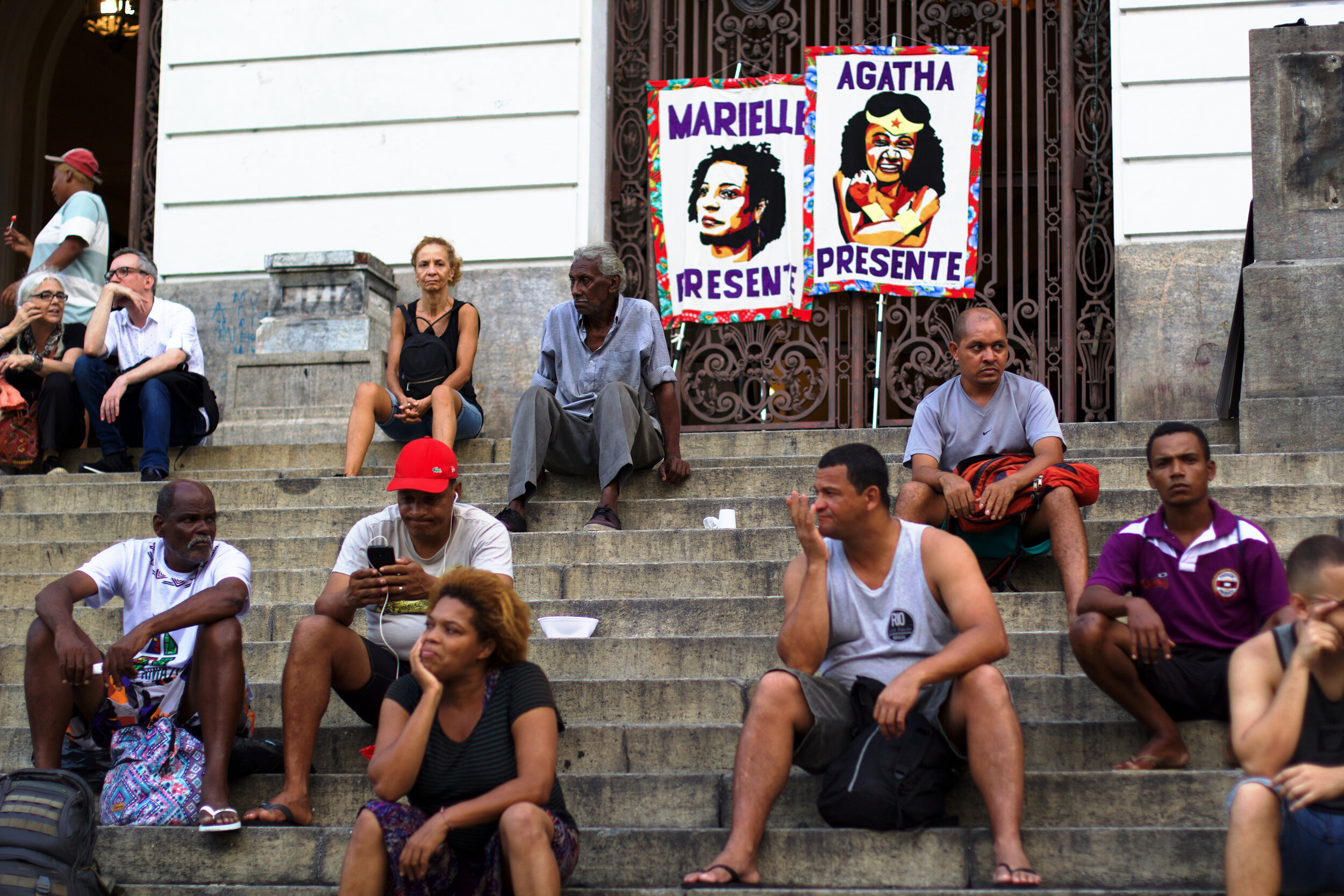
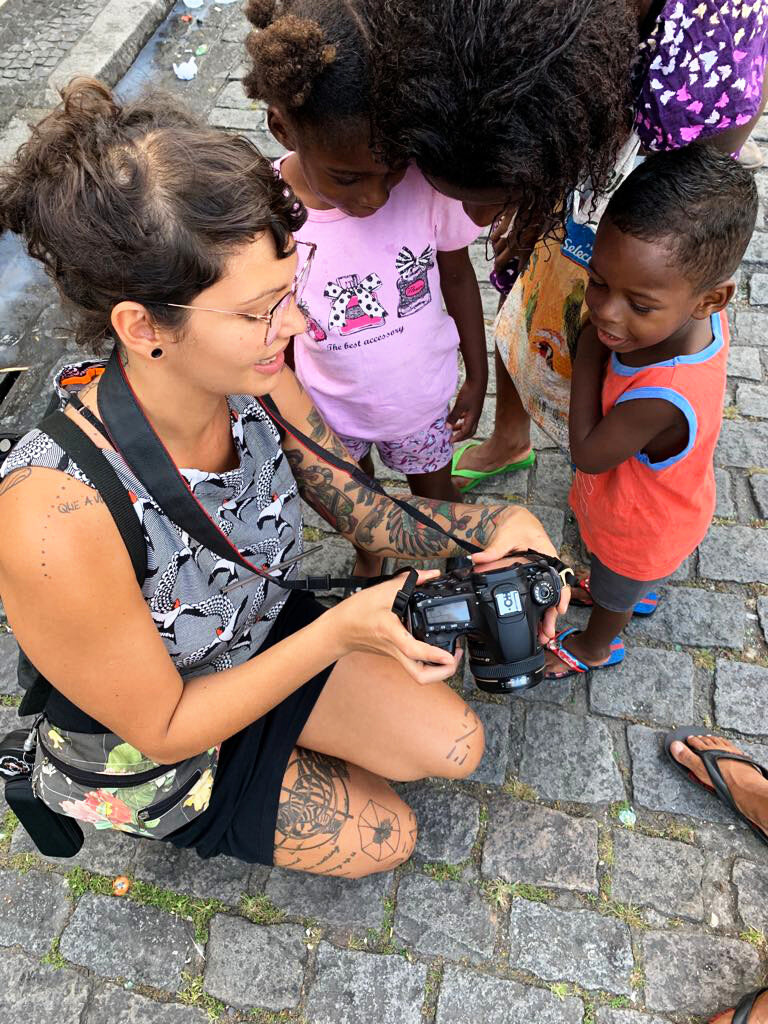
Plataforma 9
PLATAFORMA 9 is a media collective based in the Rio de Janeiro/Niterói area.
Mirna Wabi-Sabi: text, video, translation.
Patrick Farnsworth: interview, audio, editing.
Patrick and Mirna in Maricá.
PATRICK FARNSWORTH
is a long-form interviewer and host of Last Born In The Wilderness, a weekly-released podcast that covers such broad topics as anthropogenic climate change, radical political theory and praxis, animism, psychedelics, and current events.
MIRNA WABI-SABI
is a writer, political theorist, teacher and translator. She is an editor at Gods&Radicals, founder of the Enemy of the Queen megazine and of the Plataforma 9 media collective. Her work orbits around Capitalism, White Supremacy and Patriarchy, and the proposals involve resistance against Eurocentrism and Western Imperialism.



